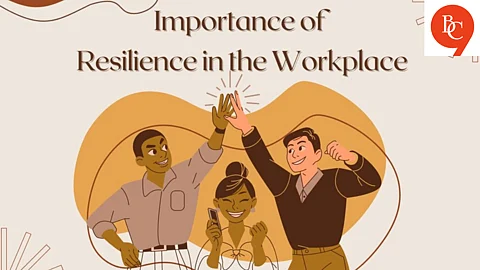

That’s where resilience and coping mechanisms come in.
What Is Resilience — And Why Does It Matter?
Resilience isn’t about being unbreakable.
It’s about being able to bend without snapping.
At its core, resilience is the ability to bounce back from adversity, adapt to challenges, and continue functioning — even when life throws curveballs. It doesn’t eliminate pain or erase trauma, but it helps you face them with strength and perspective.
For today’s youth navigating high-pressure jobs, unstable economies, social isolation, and internalized perfectionism, resilience is not a luxury — it’s a survival skill.
Coping Mechanisms: Your Mental Safety Nets
Coping mechanisms are the tools we use to manage stress, process emotions, and stay grounded. They can be healthy or unhealthy — the key is to identify what actually helps you heal vs. what just numbs you.
Healthy Coping Strategies:
Journaling: Helps you untangle emotions and gain perspective.
Talking to someone you trust: A friend, family member, therapist — even one honest conversation can make a difference.
Breathing & grounding techniques: Simple deep breathing, the 5-4-3-2-1 sensory method, or progressive muscle relaxation.
Creative expression: Art, music, poetry, dance — expressing pain helps release it.
Physical activity: Walking, yoga, or stretching improves mood and focus.
Digital detoxes: Logging off to reconnect with yourself.
How to Start Building Resilience — Even Now
1. Accept That It’s Okay to Not Be Okay
Resilience doesn’t mean being cheerful through pain. It means being real. Let yourself feel.
2. Cultivate Self-Compassion
Talk to yourself like you would to a hurting friend. Be gentle. Allow room for imperfection.
3. Build Micro-Habits
Start small. One minute of meditation, five deep breaths, or stepping outside for 10 minutes can slowly shift your mental state.
4. Create a “Breakdown Plan”
When things go south, whom do you call? Where do you go? What soothes you? List 3-5 go-to actions when anxiety hits.
5. Learn to Say No
Resilience also comes from protecting your energy. Set boundaries — with your boss, colleagues, even friends.
Abhilasha’s death was heartbreaking — but her story cannot be in vain.
Resilience isn’t something you’re born with — it’s something you learn, practice, and nurture over time. While systemic reform in workplaces is non-negotiable, building internal coping strength is equally crucial.
